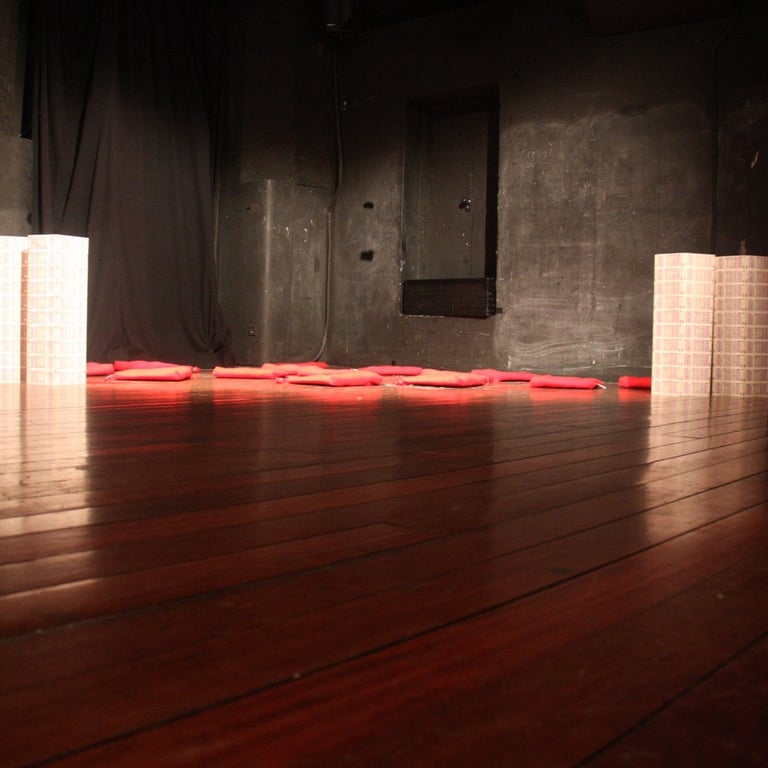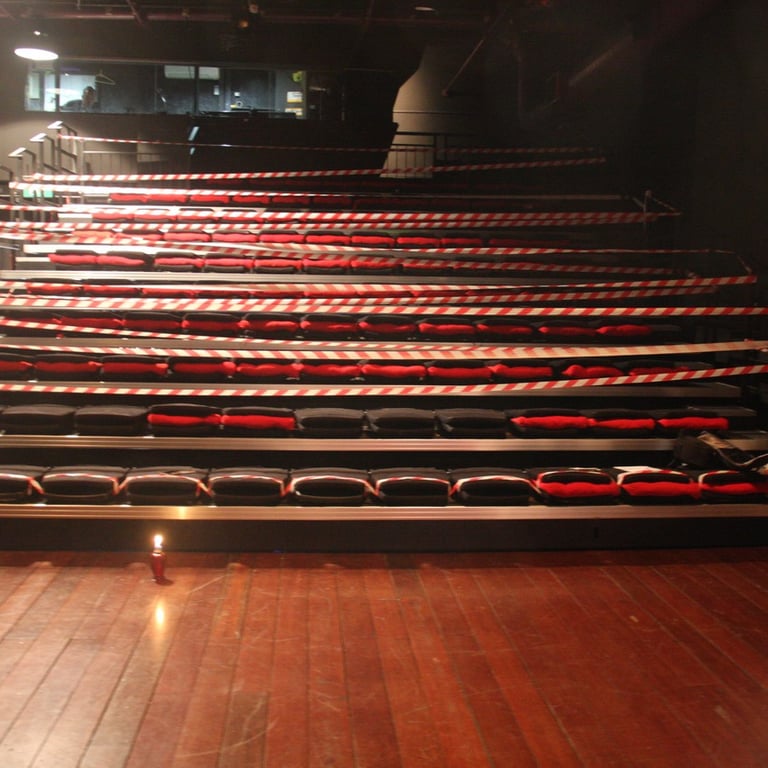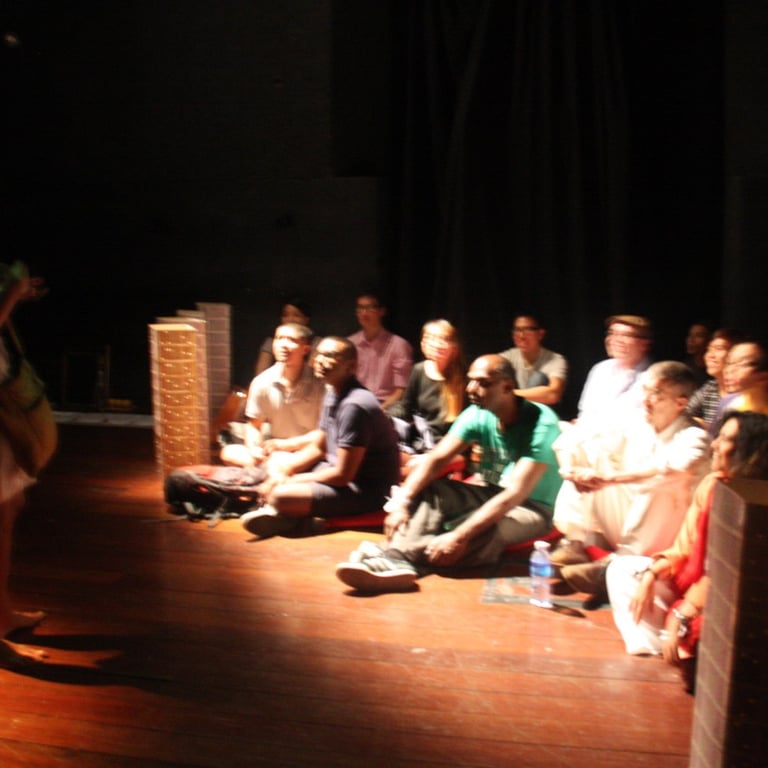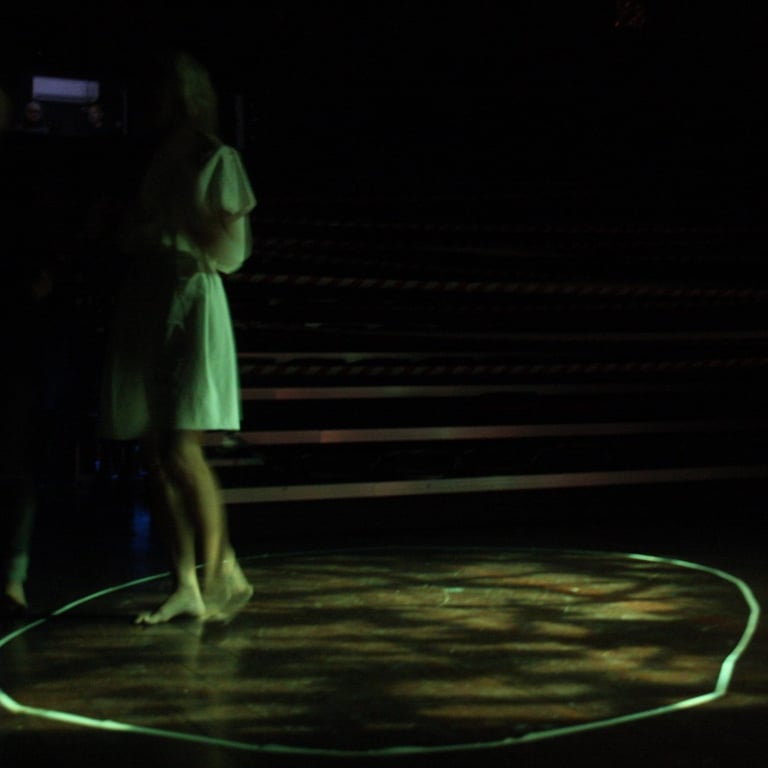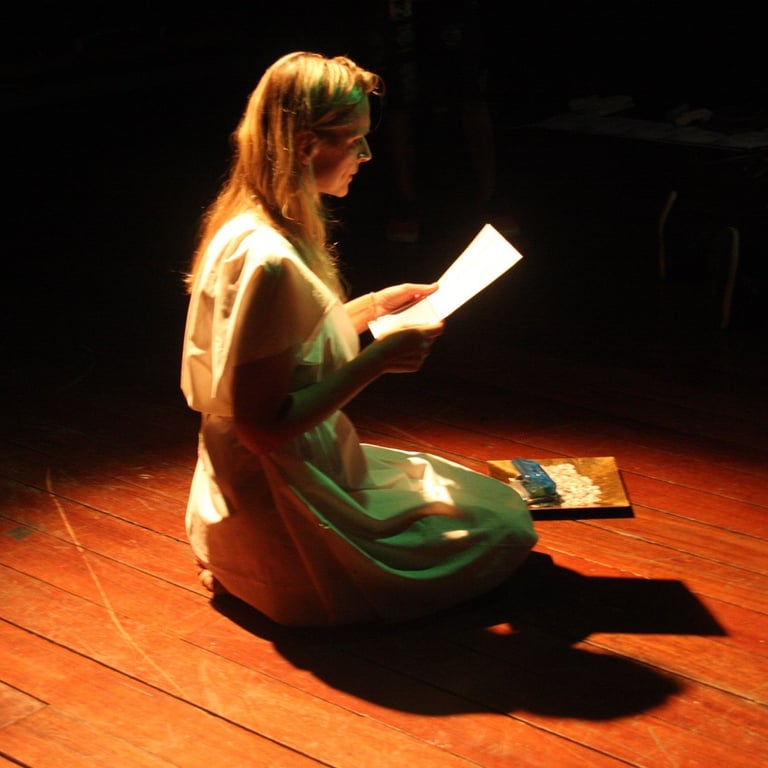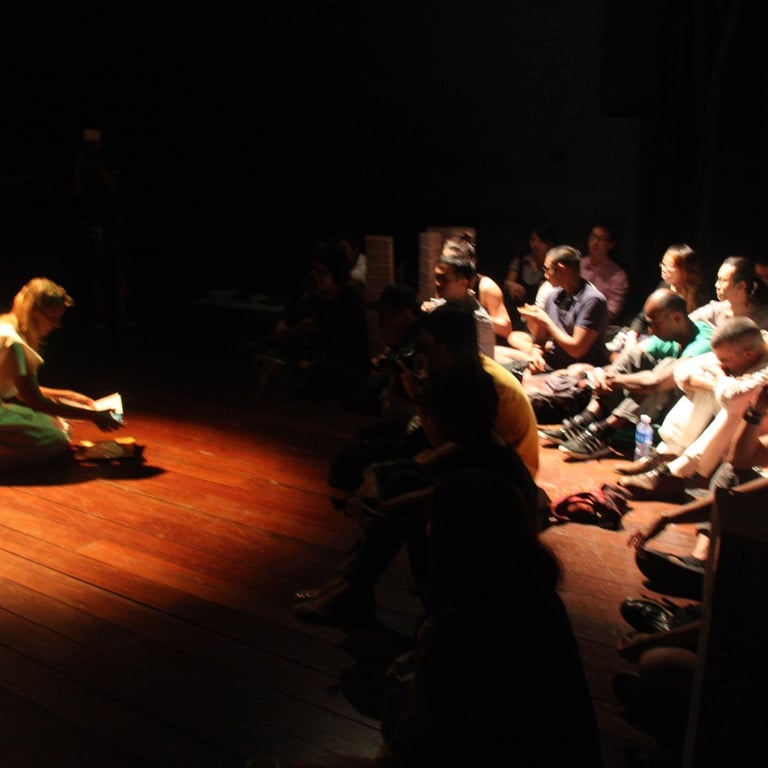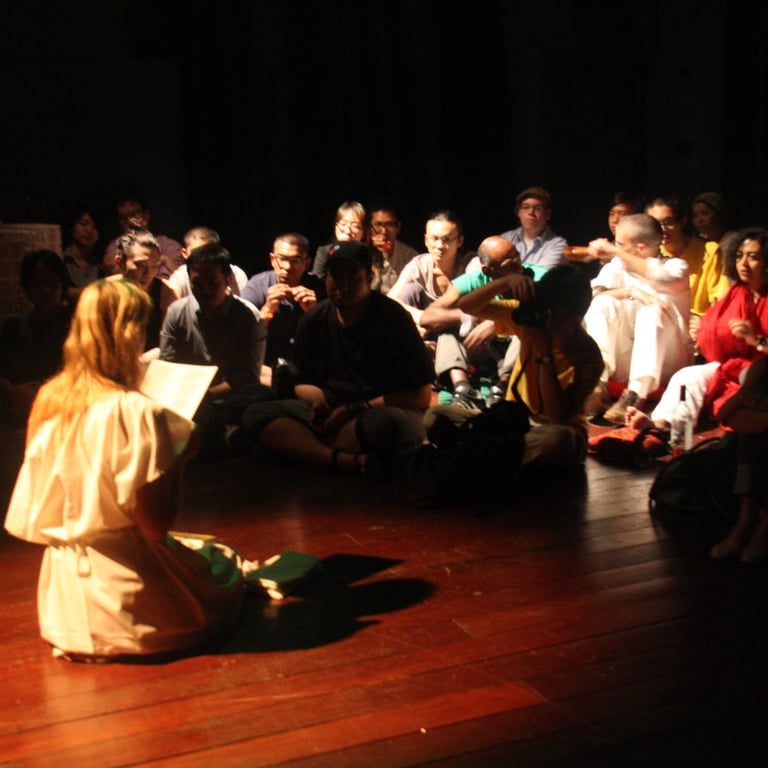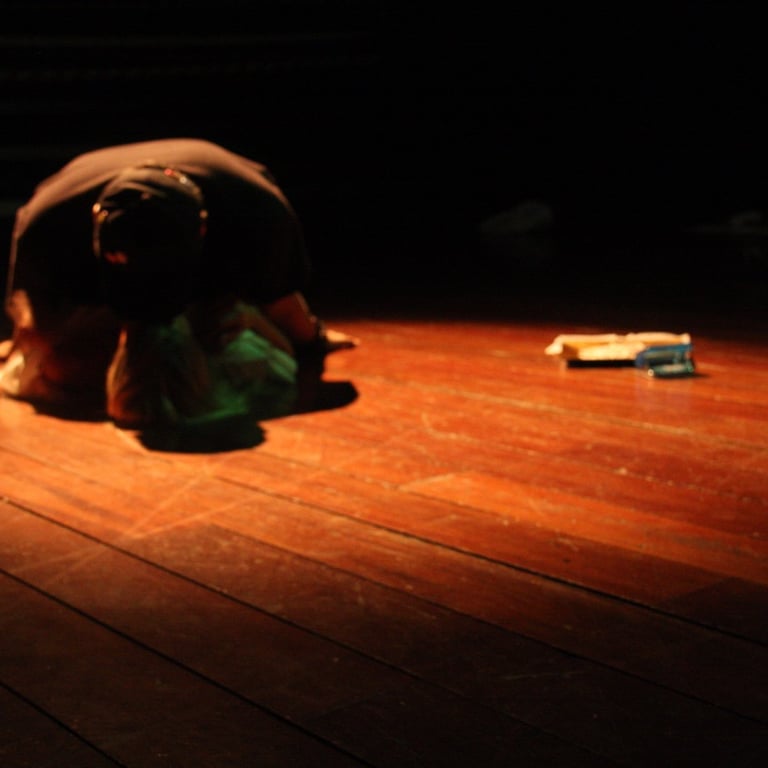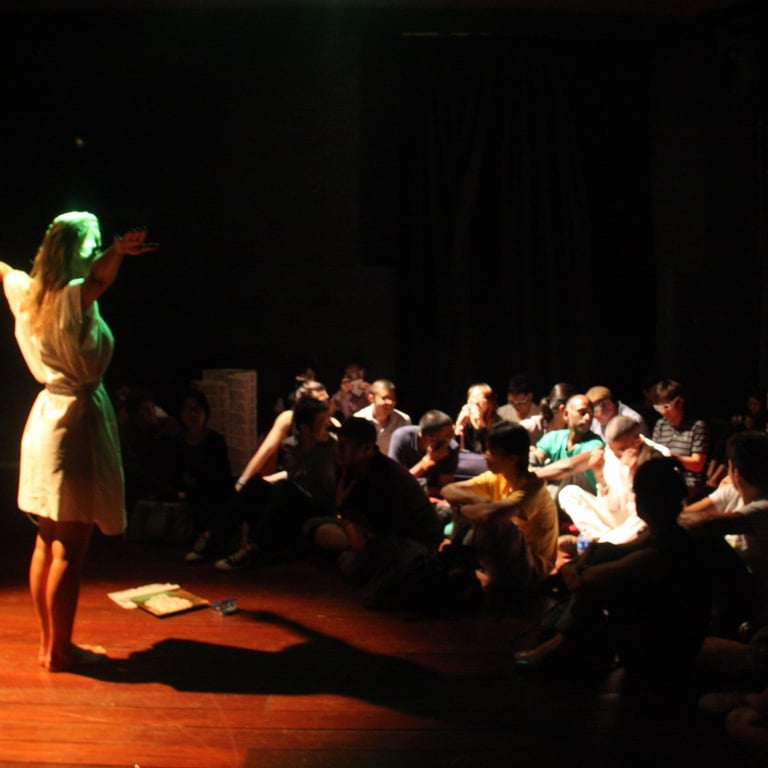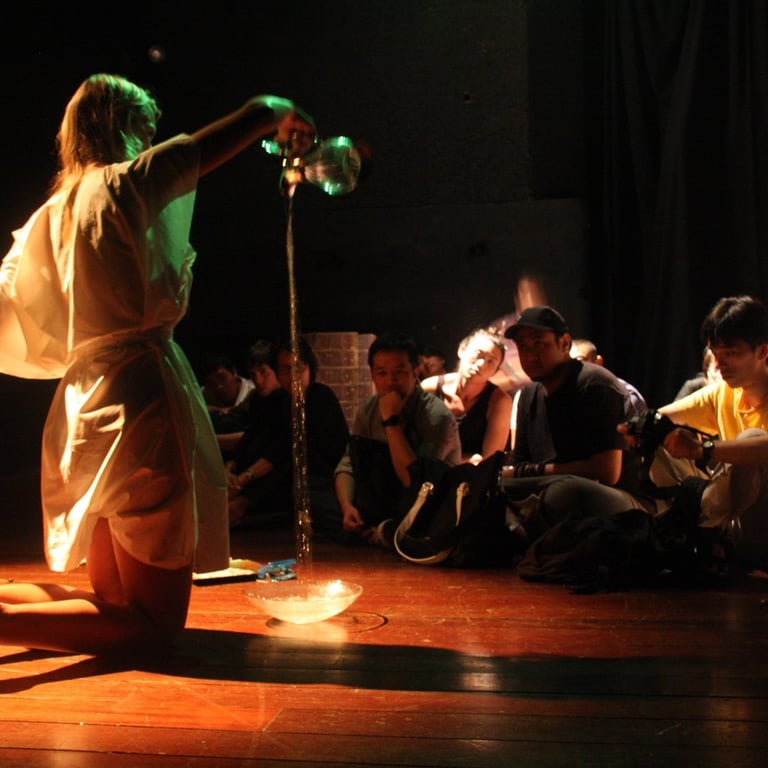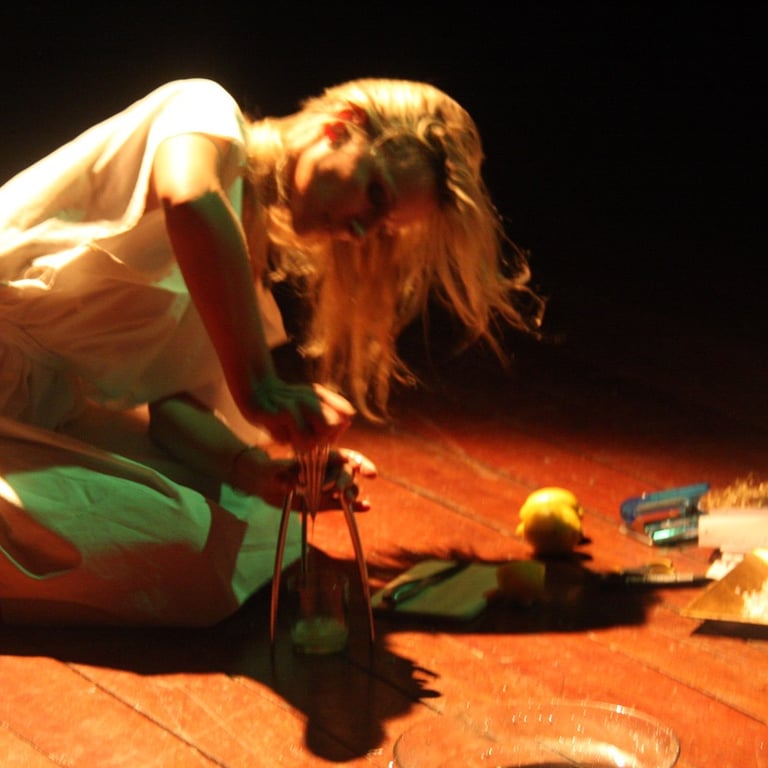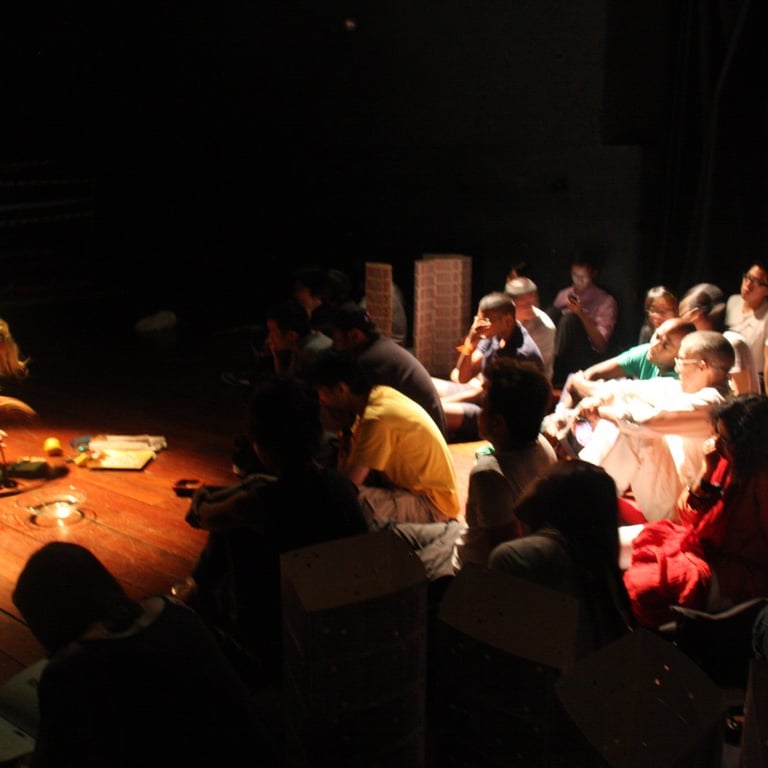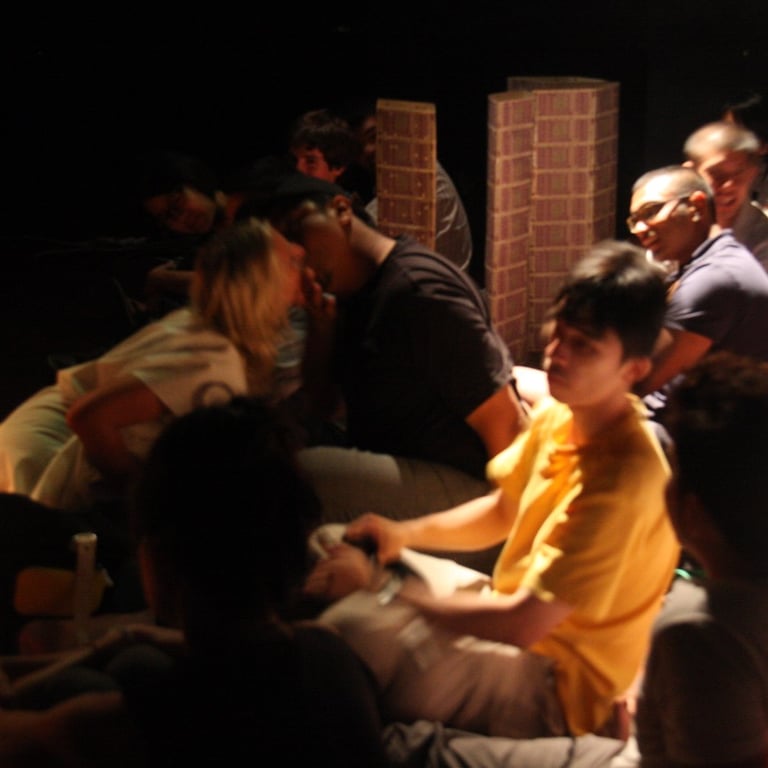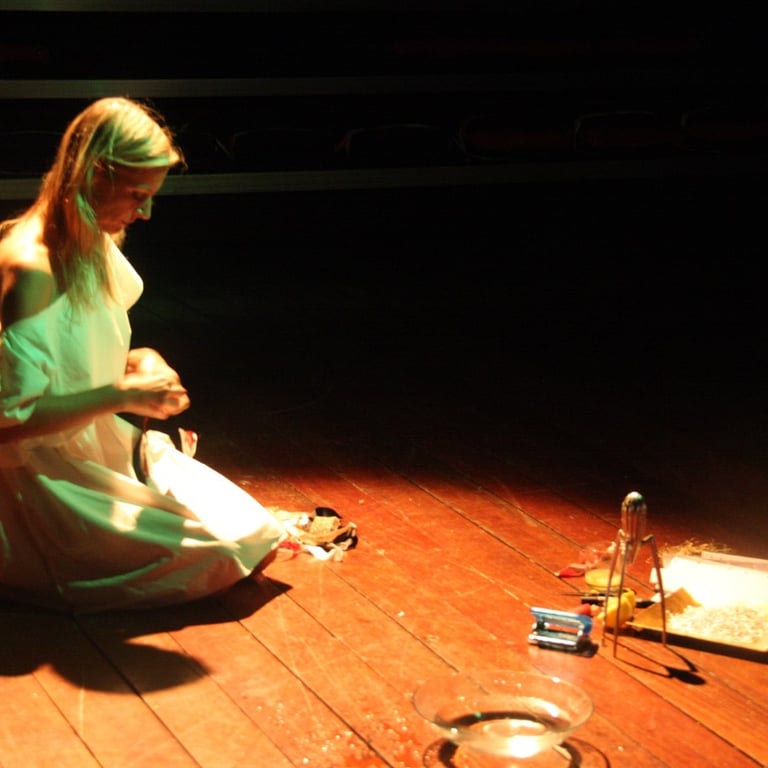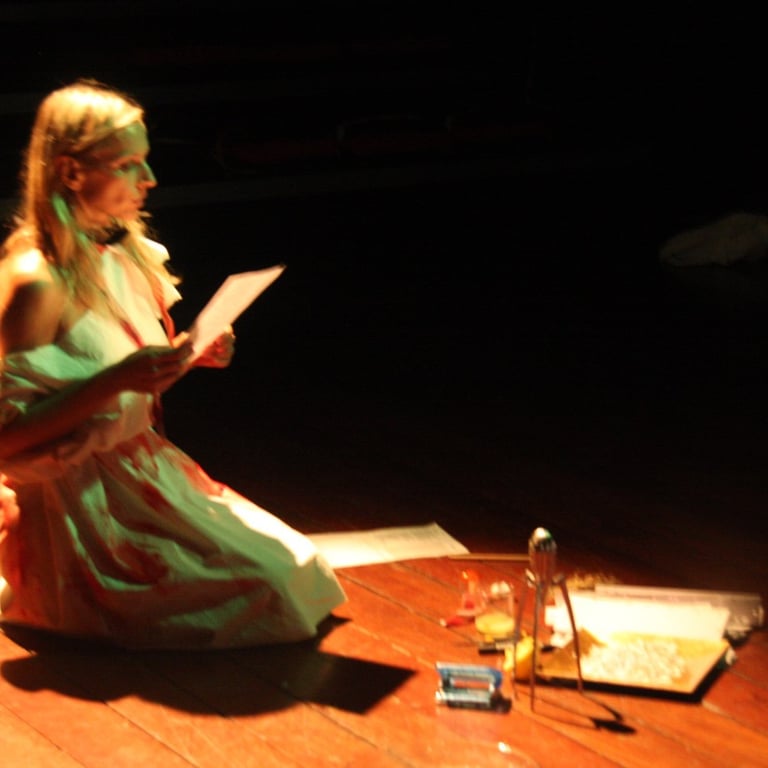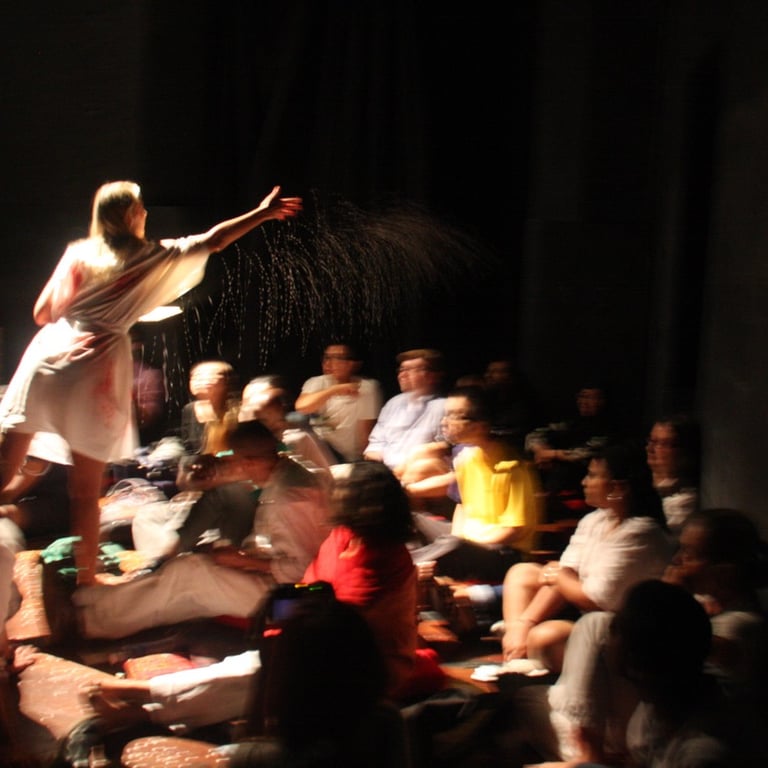You have the right to work, but never to the fruit of work. BG 2:47
Rediscovering Antigone (2011), The Lecher of Art, The Substation Theatre, Singapore SG
Earlier this year, Singaporean artist Zack Razak invited me to present a lecture for a pilot series he curated named The Lecher of Art that was hosted by The Substation, Singapore.
Six artists were invited to present a lecture on a specific theme every month, from April to October, but with an unconventional approach, which challenged the conservative rapport between lecturer and audience. Ultimately, the series was aimed at proposing new ways of conducting lectures that create a more experiential dialogue with the audience.
Other lecturers included Isabelle Desjeux, Rubin Hashim, Siti Salilah Omar, Bani Haykal and Debbie Ding, with themes ranging from failure to exam sitting to walking.
Given my humanistic education, Zack asked me to present classical studies. Professing a preference for the ancient Greek culture over the Latin one, I proposed to lecture on one of Sophocles’ best known tragedies, Antigone, highlighting the theme of the struggle between the individual and the State.
The challenge of offering a lecture on a topic that many had lectured on before found its resolution in my performance art practice.
Rather than prepare a talk on Antigone, I delved into an inner exploration of Antigone herself. For days I read and re-read the play, and meditated on it until I not only literally comprehended the words with my mind, but also felt them with my soul. Only after this process was completed, did I let images of performative nature unravel from within myself. Only then did I have the material for the lecture.
On the evening of 8 September, I greeted the audience individually and guided each member to a section of the stage under a flood of bright lights.
The area was cornered by an installation of eight towers made up of parking coupons, reminiscent of the ubiquitous towers of HDB flats found in Singapore. The uncomfortable space was meant to urge the audience to relinquish the metaphysical space of comfort and allow new possibilities to materialise.
Access to the conventional and more comfortable seating area had been blocked with the typically red and white construction tape.
I commenced the lecture with a short yet indispensable presentation of the play, walking and talking to one member of the audience along an imaginary peripatos, demarcated by masking tape on the floor.
Antigone, the daughter of Oedipus, finds herself having to break the law of her uncle Creon, the king of Thebes, who forbade the burial of her brother Polynices. He decreed the death penalty for the transgressor.
Her seemingly defiant act is in fact respectful of a divine law, which she considers to be above that of man’s. To this end, Creon due to his hubris meets divine retribution in the desolate personal landscape he is left in, after his son and wife commit suicide.
I chose to read 14 significant passages from the play. After each reading, I proceeded to hole-punch singled-out passages of the text and to collect the round discarded parts in a bowl. After this repetitious action, I then performed the actions that were relevant to the text.
Water was poured from a Grecian style jug at decreasing height causing different spillages of liquid and sound; a golden thread was stretched, measured and cut whilst two mirrors reflected the image either side of my head; a tall and robust member of the audience was invited to lie down and place all of his weight upon me; I was dragged by the power of my counterparts when I alone played a tug of war against four members of the audience; lemon juice was squeezed out and then passed from my mouth to that of one member of the audience and then back to me; a pencil was sharpened incessantly until it almost disintegrated; the audience was invited to colour the lenses of made-up glasses, and to wear them and decide the colour of her dress.
The classical marathon ended with me scattering the audience with round cut-outs of parking coupons that I had collected over the previous months.
The positive response of the audience at least showed that the method of lecturing, which relied upon artistic empathy, had been an engaging educational experiment.
Text from the article I wrote for TPAG The Pocket Arts Guide, November 2011.
Photo Ella Love
